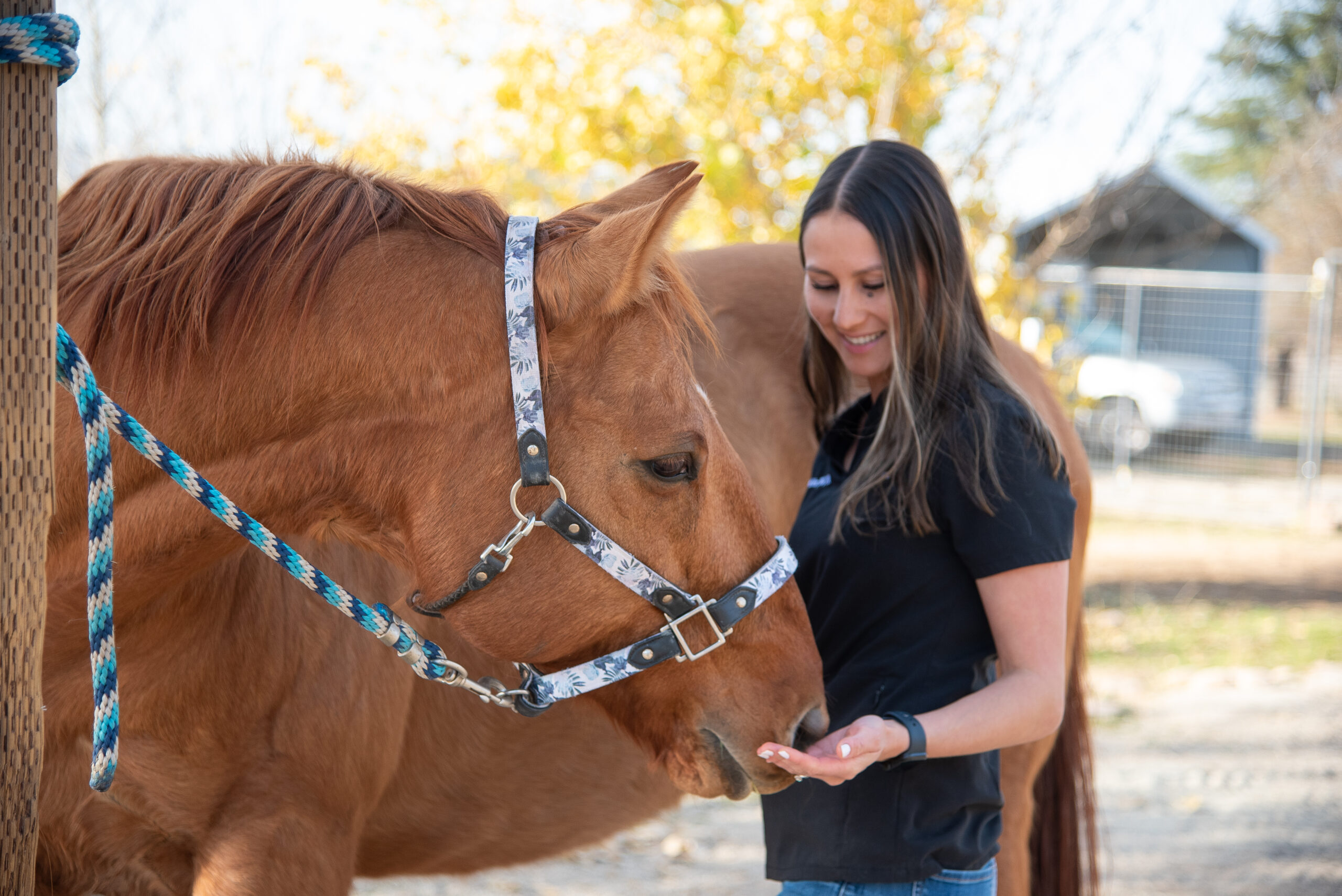ᴡʜᴀᴛ ɪꜱ ᴀᴄᴜᴘᴜɴᴄᴛᴜʀᴇ?
Although acupuncture is considered an ‘alternative’ medicine, it is still a practice which has scientific basis and background.
The aim of acupuncture is to bring balance back to the body via stimulation at acupuncture points. In both people & animals, acupuncture stimulates endogenous opioids and B-endorphins, and can also lead to the release of serotonin & norepinephrine. The release of these hormones directly helps with pain management.
On top of this, acupuncture can increase white blood cells and stimulate immune response, which is especially useful in treating geriatric patients.

ʜᴏᴡ ᴅᴏᴇꜱ ɪᴛ ᴡᴏʀᴋ?
At each acupuncture point there is a high density of free nerve endings, arterioles, lymphatic vessels and mast cells. So when needles are placed at these points, these elements are stimulated, sending a message to the brain. The brain then tells the body to make chemicals & hormones which help the body to heal.
ᴅᴏᴇꜱ ᴀᴄᴜᴘᴜɴᴄᴛᴜʀᴇ ʜᴜʀᴛ?
Very fine needles are used in acupuncture (they are almost as thin as hair). Over 95% of patients are comfortable during their acupuncture treatment. In fact, many patients actually fall asleep because it can be so relaxing!
Acupuncture should not cause pain. What it can produce is what’s called the De-Qi response. This is a phenomenon which is the feeling or effect experienced as a result of the transmission of the acupuncture stimulation.
This response manifests differently in each patient. It can feel like heaviness, tingling, soreness or pressure in the local region of the needle or in a more distant location along the meridian. A human patient can tell the acupuncturist when they feel this sensation, but we don’t have that privilege in veterinary medicine. Typically, a patient which demonstrates muscle twitching, flinching, or attempts to bite may indicate De-Qi from stimulation by needles.
Without this De-Qi response, there would be less benefit from acupuncture treatment. Inducing this response regulates the flow of Qi, which is vital to effective treatments. No acupuncture treatment can be successful without this ability of the meridians to transmit the acupuncture stimuli.
In short, acupuncture treatment should not hurt. Acupuncture does create a sensation which varies in each individual, and a majority of the time this sensation is very relaxing for patients.

ᴡʜɪᴄʜ ᴘᴀᴛɪᴇɴᴛꜱ ʙᴇɴᴇꜰɪᴛ ꜰʀᴏᴍ ᴀᴄᴜᴘᴜɴᴄᴛᴜʀᴇ?
Acupuncture provides effective pain management, so it is especially beneficial in musculoskeletal cases such as with hip dysplasia, arthritis (DJD), and intervertebral disc disease (IVDD). Acupuncture has even been found to speed fracture healing and strengthen associated structures!
Acupuncture also provides stability and immune support, which can be extremely beneficial in patients with congestive heart failure, chronic kidney disease, irritable bowel syndrome (IBD), and even cancer! Acupuncture has also shown benefits in patients with asthma, behavior problems, and chronic skin problems
(These are just some examples. There are plenty of successful cases of patients with various other ailments whose lives have been improved by the use of acupuncture.)
Each individual responds differently to acupuncture but most cases which are treated with acupuncture alone have over 90% improvement after only three sessions!
Overall, there is plenty of science (and cases) to back the use of acupuncture. And the more we utilise this practice in veterinary medicine, the more we are seeing the benefits it can bring to our beloved pets!

To find a veterinary acupuncturist near you, visit https://www.tcvm.net/
